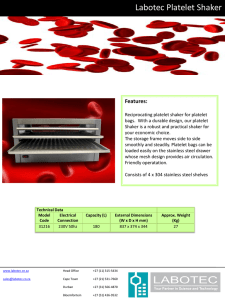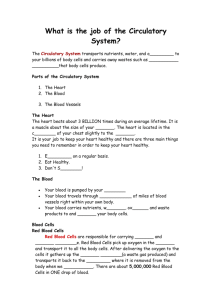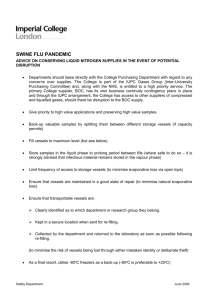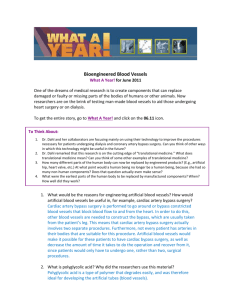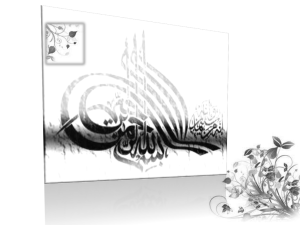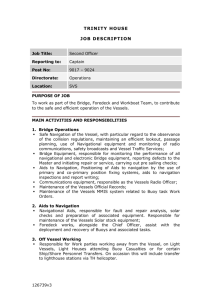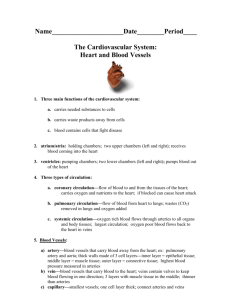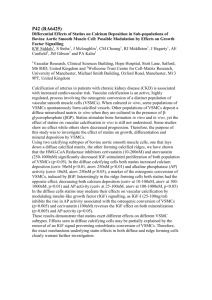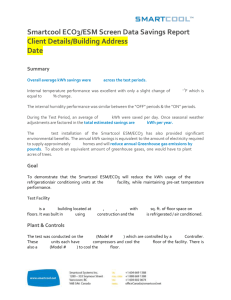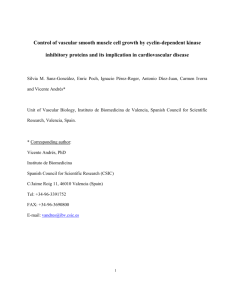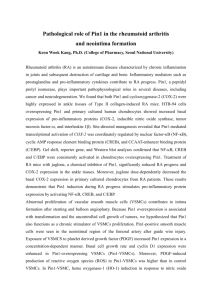View/Open
advertisement
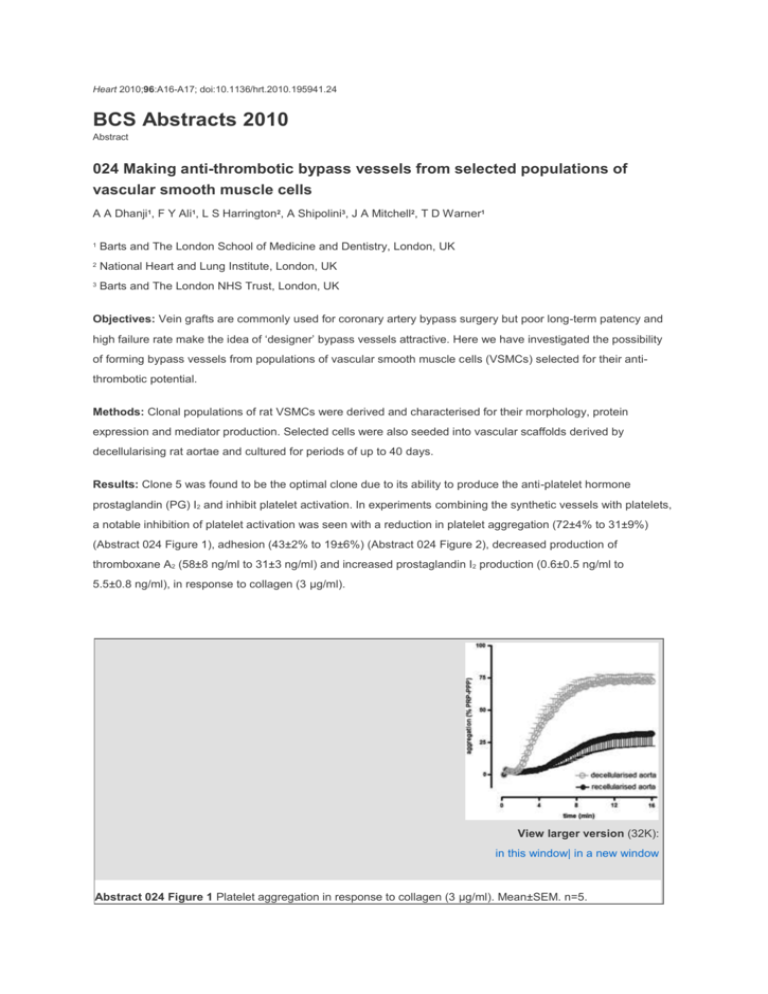
Heart 2010;96:A16-A17; doi:10.1136/hrt.2010.195941.24 BCS Abstracts 2010 Abstract 024 Making anti-thrombotic bypass vessels from selected populations of vascular smooth muscle cells A A Dhanji1, F Y Ali1, L S Harrington2, A Shipolini3, J A Mitchell2, T D Warner1 1 Barts and The London School of Medicine and Dentistry, London, UK 2 National Heart and Lung Institute, London, UK 3 Barts and The London NHS Trust, London, UK Objectives: Vein grafts are commonly used for coronary artery bypass surgery but poor long-term patency and high failure rate make the idea of ‘designer’ bypass vessels attractive. Here we have investigated the possibility of forming bypass vessels from populations of vascular smooth muscle cells (VSMCs) selected for their antithrombotic potential. Methods: Clonal populations of rat VSMCs were derived and characterised for their morphology, protein expression and mediator production. Selected cells were also seeded into vascular scaffolds derived by decellularising rat aortae and cultured for periods of up to 40 days. Results: Clone 5 was found to be the optimal clone due to its ability to produce the anti-platelet hormone prostaglandin (PG) I2 and inhibit platelet activation. In experiments combining the synthetic vessels with platelets, a notable inhibition of platelet activation was seen with a reduction in platelet aggregation (72±4% to 31±9%) (Abstract 024 Figure 1), adhesion (43±2% to 19±6%) (Abstract 024 Figure 2), decreased production of thromboxane A2 (58±8 ng/ml to 31±3 ng/ml) and increased prostaglandin I2 production (0.6±0.5 ng/ml to 5.5±0.8 ng/ml), in response to collagen (3 µg/ml). View larger version (32K): in this window| in a new window Abstract 024 Figure 1 Platelet aggregation in response to collagen (3 µg/ml). Mean±SEM. n=5. View larger version (57K): in this window| in a new window Abstract 024 Figure 2 Platelet adhesion in response to collagen (3 µg/ml). Mean±SEM. n=5. Conclusions: These results demonstrate that clonal VSMC populations with favourable characteristics, such as the production of anti-thrombotic PGI2 can be isolated and used to produce anti-thrombotic vessels. This raises the possibility of producing vessels for bypass surgery by the simple seeding of selected VSMC populations into inert vascular scaffolds. Keywords: anti-thrombotic; bypass; smooth muscle

